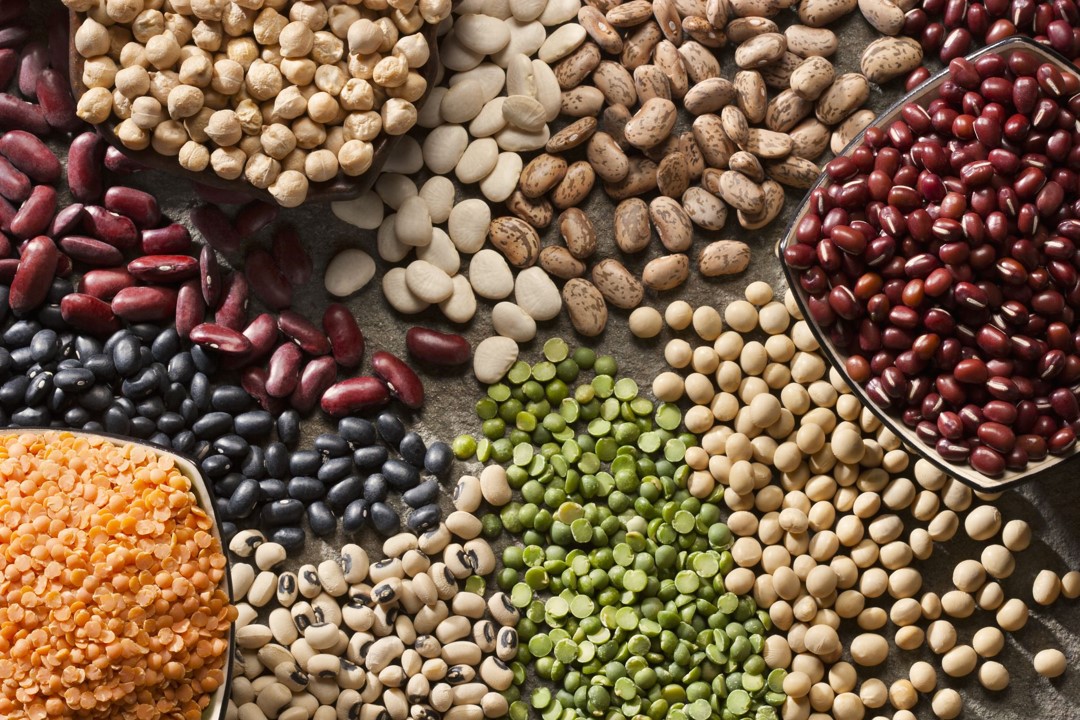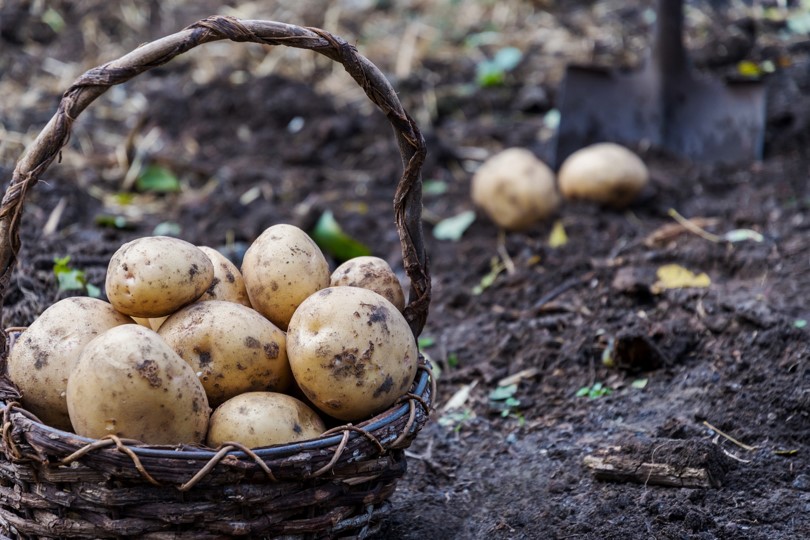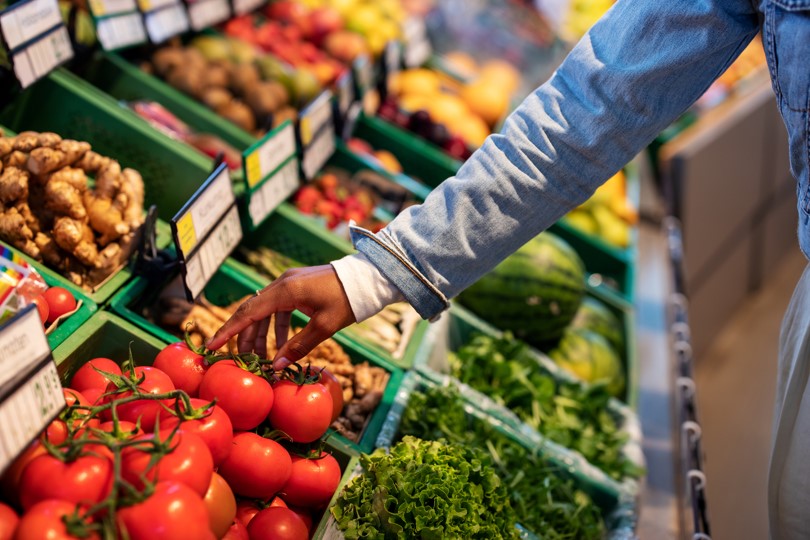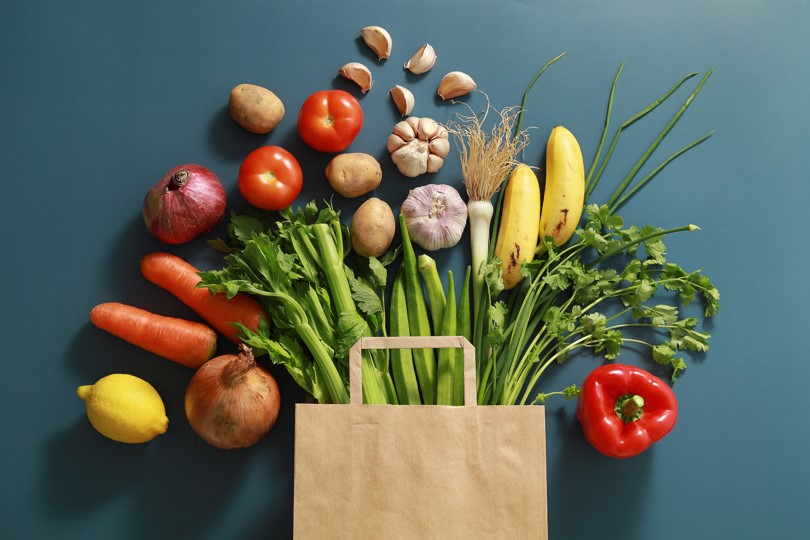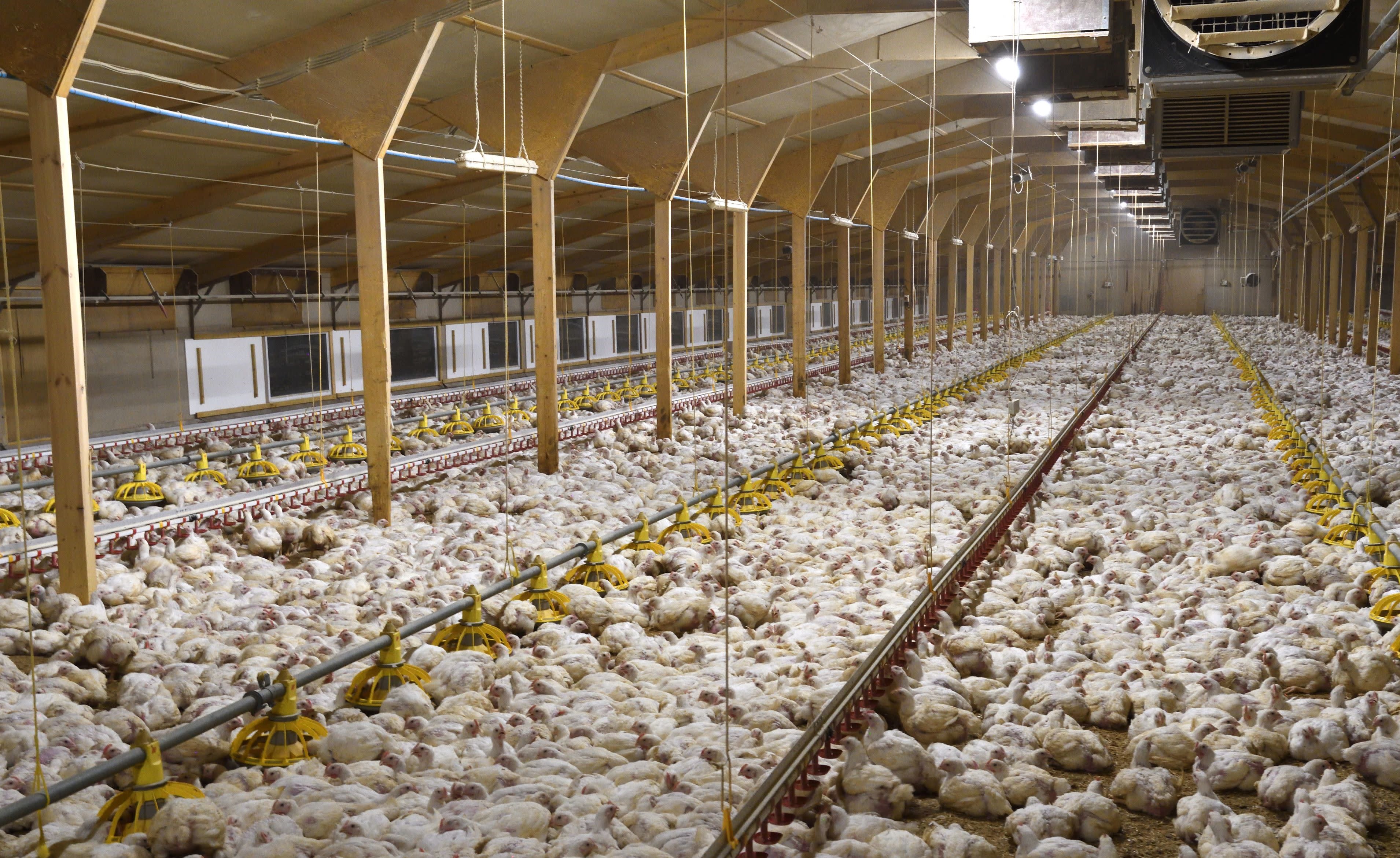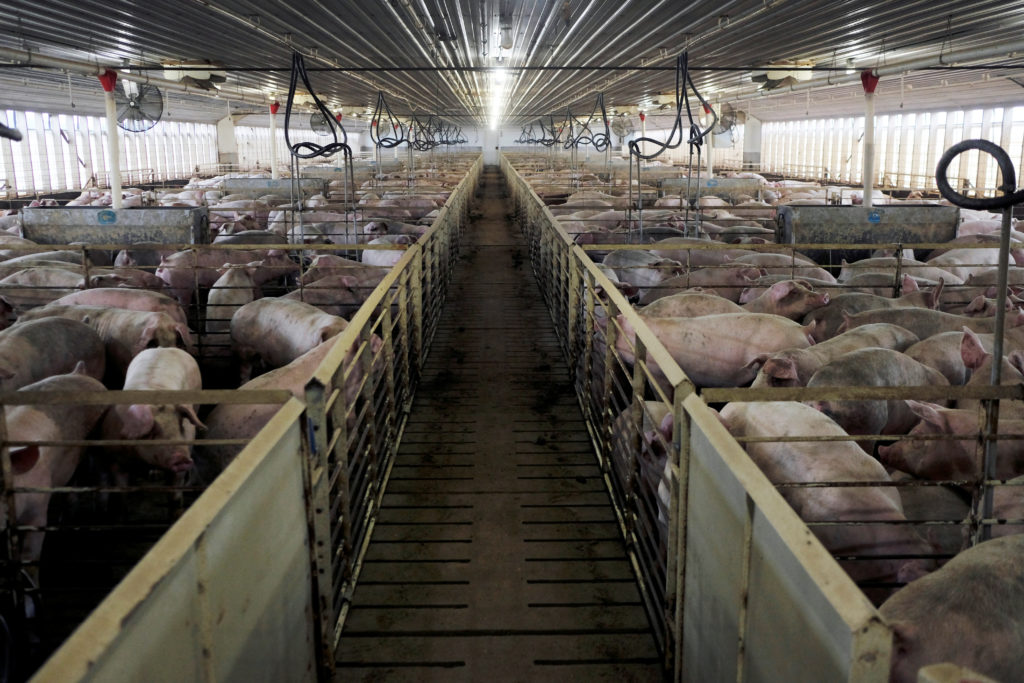Veganism has grown from a niche lifestyle into a global movement, with millions of people embracing plant-based diets for reasons ranging from health and wellness to environmental sustainability and animal compassion. While motivations may differ, the core idea remains the same: choosing plants over animal products can transform our health, lower our grocery bills, help protect the planet, and reduce suffering.
Health Benefits
A plant-based diet isn’t just about avoiding animal products; it’s about leaning into foods that are nutrient-rich and protective against disease.
-
Whole-food, plant-based diets are rich in fiber, antioxidants, vitamins, and minerals that most Western diets lack.
-
By contrast, many animal-based foods are high in saturated fat, cholesterol, and heme iron, all linked to higher risks of heart disease, type 2 diabetes, and certain cancers.
-
People who eat more plant-based meals have lower BMIs, lower cholesterol, and reduced risk of chronic illness (Barnard et al., 2006).
A plant-based diet is a powerful tool for preventing, managing, and even reversing type 2 diabetes.
It turns out a more plant-based diet may help prevent, treat, or reverse every single one of our fifteen leading causes of death.
While concerns about nutrient deficiencies exist, most can be addressed with a little planning. Vitamin B12, vitamin D, and omega-3 fatty acids are the most common nutrients to monitor. For many people, taking a simple supplement — especially for B12 — is the easiest and most reliable way to ensure adequacy. With this in mind, nutrition experts agree that a well-planned vegan diet, supported by appropriate supplementation when needed, is adequate — and often optimal — for all stages of life.
Cost Savings at the Grocery Store
Eating plant-based doesn’t just improve health — it can also save families money, especially during times of inflation.
-
People following a low-fat vegan diet spent 19% less on groceries per day than those on a standard American diet — about $650 in annual savings (PCRM, 2024).
-
A study across 150 countries found that vegan, vegetarian, and flexitarian diets can lower food costs by up to 33% (Oxford University, 2021).
-
An individual switching to a plant-based diet reported saving over $800 in five months (AP News, 2023).
Whole-food staples like beans, lentils, rice, oats, and potatoes remain some of the most affordable and nutritious grocery items. In contrast, highly processed vegan convenience foods — such as imitation meats and specialty cheeses — can be pricey. By centering meals on minimally processed plant foods, households can stretch their food budget further while still enjoying diverse and satisfying meals.
Environmental Benefits
Plant-based diets significantly reduce environmental harm compared to diets rich in meat and dairy. Switching to vegan meals is one of the most powerful individual actions for reducing climate impact.
-
Vegan diets produce 75% less climate-heating emissions, use 54% less water, and cause 66% less wildlife destruction (The Guardian, 2023).
-
Cutting back on meat could reduce food-related greenhouse gas emissions by up to 70% (Springmann et al., Nature, 2018).
-
Diets centered on plants require far less land and water than meat-heavy diets, reducing deforestation and protecting biodiversity (ScienceDirect, 2023; Frontiers in Nutrition, 2018).
Without meat and dairy consumption, global farmland use could be reduced by more than 75% — an area equivalent to the US, China, EU, and Australia combined.
Shifting away from animal agriculture reduces pressure on forests, water systems, and ecosystems. Producing plants directly for human consumption is far more efficient than raising animals for meat, making plant-based diets one of the simplest and most impactful ways to address climate change, water shortages, and deforestation.
Animal Welfare, Food Safety, and Antibiotic Resistance
Beyond health and environmental concerns lies the ethical heart of veganism: compassion for animals. In the United States, approximately 99% of farmed animals are raised in factory farms (Sentience Institute). This includes:
-
74.9% of cows
-
98.6% of pigs
-
99.8% of turkeys
-
98.3% of egg-laying hens
-
Over 99.9% of chickens raised for meat
These animals often endure overcrowded conditions, limited movement, and deprivation of natural behaviors. Such environments compromise animal welfare and increase the risk of disease outbreaks, as seen in recent bird flu incidents in large poultry operations (Farm Sanctuary).
In the U.S. alone, over 9 billion land animals are slaughtered for food each year, the vast majority raised in factory farm conditions (USDA, 2023).
Antibiotic use is another major concern:
The majority of antibiotics in the U.S. are used in livestock, not humans, to prevent disease in cramped conditions and promote faster growth (WHO, 2017).
The overuse of antibiotics in animals is contributing to the rising threat of antibiotic resistance — one of the greatest threats to global health.
Antibiotic resistance threatens to make common infections untreatable and jeopardizes modern medicine as we know it. By reducing demand for animal products, consumers play a direct role in lessening these harmful and risky farming practices.
Conclusion
The benefits of veganism extend far beyond what ends up on your plate. From lowering your risk of chronic disease and saving money on groceries to reducing environmental harm and sparing animals from suffering, the case for eating plants is strong and growing stronger.
You don’t have to be “all or nothing” to make an impact. Even reducing animal products and increasing plant-based meals can yield significant benefits. But for those who choose to go fully vegan, the rewards are clear: better health, a lighter footprint, and a more compassionate world.
References
Barnard, N. D., Cohen, J., Jenkins, D. J., Turner-McGrievy, G., Gloede, L., Jaster, B., … & Green, A. A. (2006). A low-fat vegan diet and a conventional diabetes diet in the treatment of type 2 diabetes: A randomized, controlled, 74-wk clinical trial. American Journal of Clinical Nutrition, 89(5), 1588S–1596S. https://doi.org/10.1093/ajcn/89.5.1588S
Greger, M. (2015). How not to die: Discover the foods scientifically proven to prevent and reverse disease. Flatiron Books.
Springmann, M., Clark, M., Mason-D’Croz, D., Wiebe, K., Bodirsky, B. L., Lassaletta, L., … & Willett, W. (2018). Options for keeping the food system within environmental limits. Nature, 562(7728), 519–525. https://doi.org/10.1038/s41586-018-0594-0
World Health Organization. (2017, November 7). Stop using antibiotics in healthy animals to prevent the spread of antibiotic resistance. World Health Organization. https://www.who.int/news/item/07-11-2017-stop-using-antibiotics-in-healthy-animals
Physicians Committee for Responsible Medicine. (2024, January 15). Going vegan could save more than $650 a year in grocery costs, finds new research. https://www.pcrm.org/news/news-releases/going-vegan-could-save-more-650-year-grocery-costs-finds-new-research
Oxford University. (2021, November 11). Sustainable eating: Cheaper and healthier, study finds. https://www.ox.ac.uk/news/2021-11-11-sustainable-eating-cheaper-and-healthier-oxford-study
AP News. (2023, August 5). Switching to plant-based diet saved $800 in five months. https://apnews.com/article/44220455457511b8c955f89df54cb92e
Sentience Institute. (n.d.). US factory farming estimates. https://www.sentienceinstitute.org/us-factory-farming-estimates
Farm Sanctuary. (2022). 2022 agricultural census: Factory farms expanding. https://www.farmsanctuary.org/news-stories/2022-ag-census-factory-farms-expanding/
The Guardian. (2023, July 20). Vegan diet cuts environmental damage: study. https://www.theguardian.com/environment/2023/jul/20/vegan-diet-cuts-environmental-damage-climate-heating-emissions-study
ScienceDirect. (2023). Environmental impacts of plant-based diets. https://www.sciencedirect.com/science/article/pii/S0022316623065896
Frontiers in Nutrition. (2018). Environmental impacts of dietary patterns. https://www.frontiersin.org/journals/nutrition/articles/10.3389/fnut.2018.00008/full
Poore, J., & Nemecek, T. (2018). Reducing food’s environmental impacts through producers and consumers. Science, 360(6392), 987–992. https://doi.org/10.1126/science.aaq0216
United States Department of Agriculture. (2023). Livestock slaughter annual summary 2023. Washington, D.C. https://downloads.usda.library.cornell.edu/usda-esmis/files/r207tp32d/
